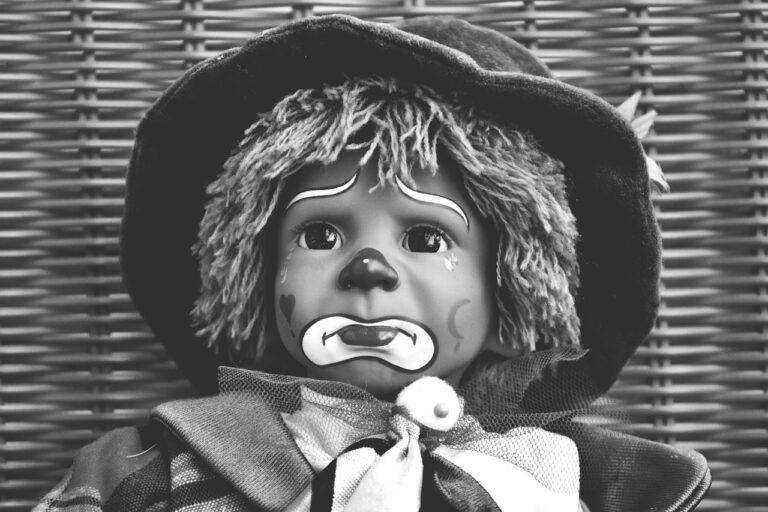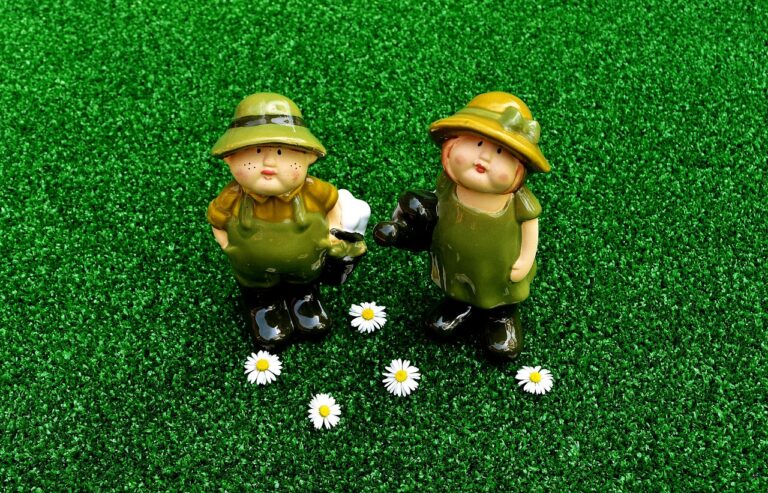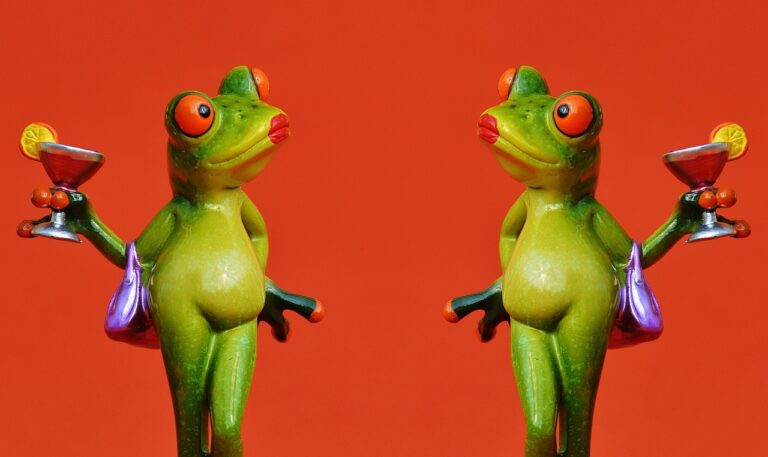The Role of Opera in Political Discourse: Addressing Social Issues Through Art
diamond exchange 9, sky99exch, reddybook: Opera has long been regarded as a high art form that captivates audiences with its powerful music, elaborate costumes, and dramatic storytelling. However, opera also plays a significant role in political discourse, addressing important social issues through the medium of art.
One of the key ways in which opera contributes to political discourse is by shining a spotlight on social issues that may be overlooked or misunderstood by the general public. Through powerful storytelling and emotionally charged music, opera can bring attention to issues such as poverty, inequality, discrimination, and political oppression. By portraying these issues on stage, opera can help to raise awareness and generate empathy among audiences.
Moreover, opera has the power to challenge societal norms and provoke thought on controversial topics. Through its vivid storytelling and compelling characters, opera can push boundaries and confront audiences with uncomfortable truths. By tackling difficult subjects head-on, opera can spark important conversations and inspire social change.
In addition, opera can serve as a platform for artists to express their own political beliefs and ideas. Many opera composers and librettists have used their work to comment on contemporary politics and advocate for social justice. By incorporating their own perspectives into their art, these artists can engage with audiences on a deeper level and encourage them to reflect on the world around them.
Furthermore, opera can act as a form of protest against oppressive political regimes. Throughout history, opera has been used as a tool for resistance, with artists using their voices to challenge authority and speak out against injustice. By harnessing the power of music and storytelling, opera can inspire movements for change and solidarity among oppressed communities.
Overall, opera plays a crucial role in political discourse by addressing social issues, challenging societal norms, and advocating for change. Through its unique combination of music, drama, and visual spectacle, opera has the ability to captivate audiences and provoke thought on important political issues.
FAQs
Q: How can opera address social issues effectively?
A: Opera can address social issues effectively through powerful storytelling, emotionally charged music, and compelling characters that engage audiences on a deep emotional level.
Q: Can opera provoke thought on controversial topics?
A: Yes, opera has the power to challenge societal norms and provoke thought on controversial topics by pushing boundaries and confronting audiences with uncomfortable truths.
Q: How has opera been used as a form of protest?
A: Throughout history, opera has been used as a form of protest against oppressive political regimes, with artists using their voices to challenge authority and speak out against injustice.







